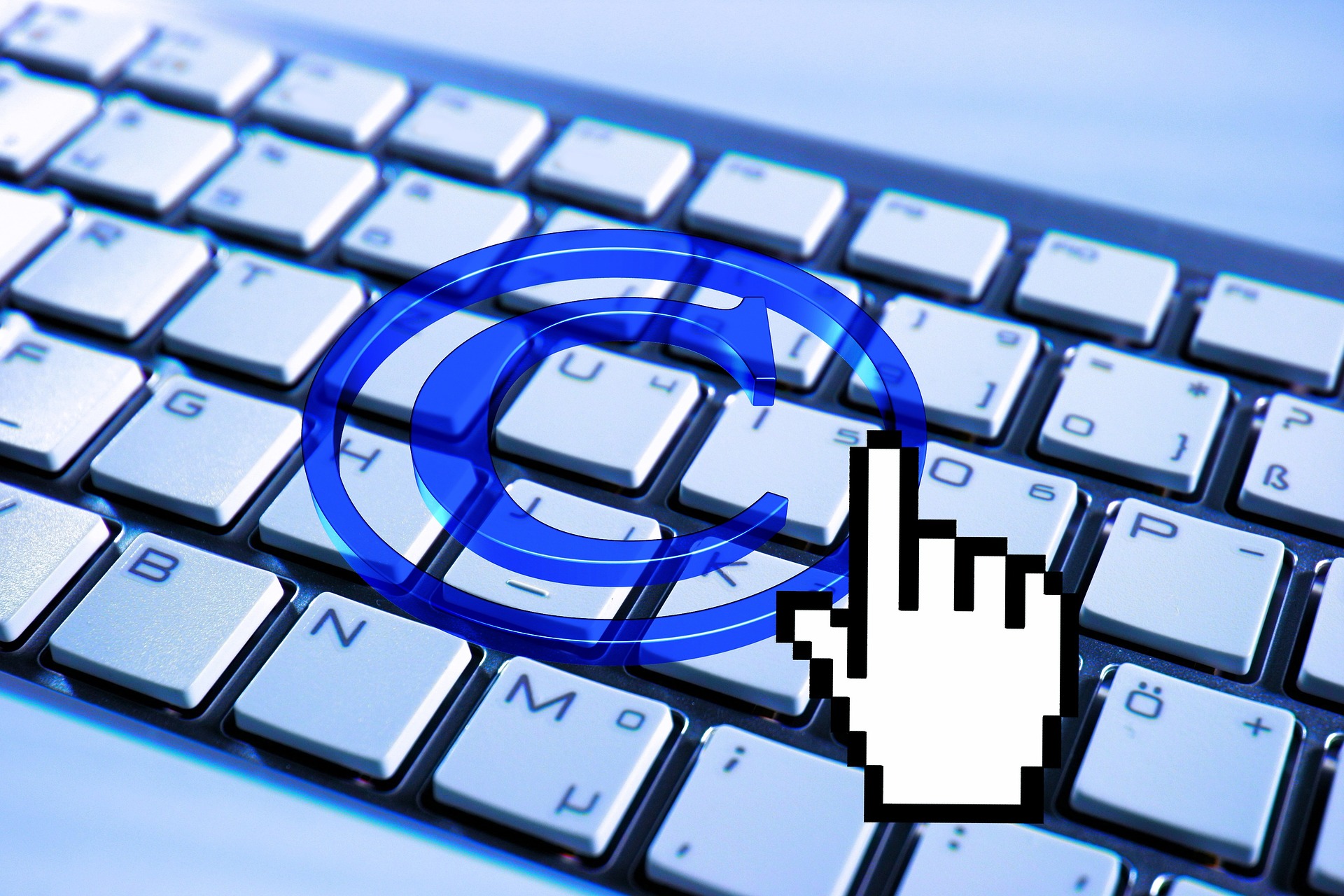IP Clinic Fights for Fair and Equitable Access to “Short Clips” of Movies and TV Shows for All Educators and Instructors Using Online Learning Platforms in Recent Filing to Copyright Office on the Digital Millennium Copyright Act

In a pleading submitted to the Copyright Office in the Eighth Triennial Proceeding of the Digital Millennium Copyright Act (DMCA), student attorneys of the WCL Glushko-Samuelson Intellectual Property Law Clinic asked the Copyright Office to allow innovative online educators and instructors on online learning platforms for the same basic rights as educators in traditional classrooms – to use short clips of movies and TV shows in their educational and instructional learning. They argue that access to such popular media – on which the current generation of students depends – is a critical part of the educational process in and outside the classroom.
Writing on behalf of longtime educational advocates Professor Peter Decherney, Director of the Cinema & Media Studies Program at the University of Pennsylvania, and Professor Katherine Sender of Cornell University, numerous traditional educators and innovative online learning platforms, the comments show beneficial ways that today’s innovative online learning platforms would use exemptions under Section 1201 of the DMCA to teach medicine and help future doctors and nurses understand the common and rare disorders, to dive into computer science and help students explore challenging subjects with inspiration from diverse role models who came before them, to develop professional and business skills for new skills to advance in existing jobs or new skills to shift as industries change, and to develop avocations that enrich life, including musical skills for traditional students and lifelong learners. Video of a great drum technique, a person describing a rare medical disorder, or the life of a great female mathematician can bring to life a lesson, illustrate a concept, and deepen interest and understanding.
The long comments note that the exceptions they seek fall squarely with the goals of the DMCA (1998) to “facilitate the robust development and world-wide expansion of electronic commerce, communications, research, development, and education in the digital age” and the vision of the TEACH Act (2001) to “extend education beyond children and young adults to lifelong learning for working adults, and to reach all students of all income levels, in cities and rural settings, in schools and on campuses, in the workplace, at home, and at times selected by students to meet their needs.”
Clarity from the Copyright Office on the use of these clips will open doors of opportunity for students of all ages, in all parts of the country, even those with the most unusual of schedules:
“Adopting an exemption for educators and preparers of educational materials for online learning platforms will inevitably help break down existing barriers to education posed by social and economic inequality. Online learning levels the educational playing field for public and private school pupils, home-schooled students, and part-time learners of all kinds by providing equal access to education.”
The long comments of Professor Decherney and Professor Sender with WCL IP Clinic, together with all long comments in this proceeding, can be found at: https://www.copyright.gov/1201/2021/comments/
A summary of the Notice of Proposed Rulemaking for the Eighth Triennial Section 1201 Proceeding can be found here: https://copyright.gov/1201/2021/.